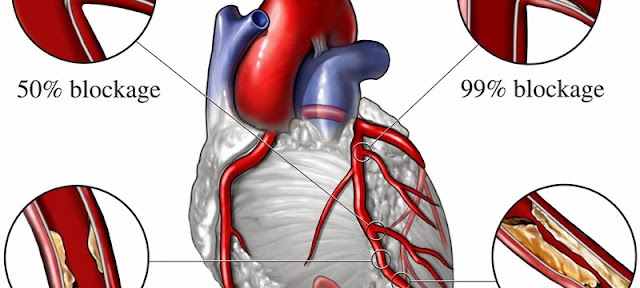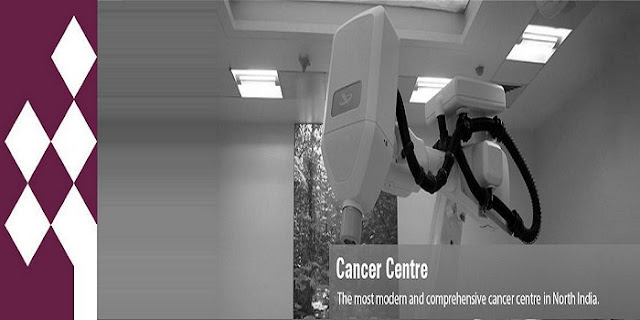What is Angiography?
For any medical
treatment to be successful, it is important to rightly diagnose the problem and
its impact on the affected individual. Diagnostic assessment is especially
crucial for complex medical treatments such as those related to cardiovascular
problems. The type and tests of diagnostic assessment can thereby vary from
case to case, but what remains common is the standard methodology in each case.
Angiography is an
important X-ray test for diagnosing the problems of the heart, states an expert
from the best heart hospital in Delhi, which
is also known for their highly qualified staff and upgraded faculty. As per the
medical terminology, 'angiograms' are the X-rays provided after angiography.
The detailed information offered by angiography is effective in clearly
understanding the type of underlying problem and also the level of impact on
the heart by that particular problem.
The standard
procedure of angiography used a special contrast die , confirms the invasive cardiology doctors in Delhi. Angiography
usually completes in half an hour. The doctors make an entry point usually in
the arm or groin for inserting the catheter, which in turn is filled with a
special contrast dye. Throughout the diagnosis, a check is maintained upon the
working of the heart through a heart monitor. The use of this special contrast
dye is seen when the blockage in the blood vessels in the angiograms .
The possible
treatment options after evaluating the angiograms are usually the following in
the best heart hospital in India:
Medications and
drugs
In some cases,
medications are recommended to control the flow and pressure of blood. The
composition of these medications can vary as per the severity of the case. Many
individuals are kept at medications for their lifetime.
Lifestyle changes
Our type of
lifestyle and dietary habits can greatly affect the working of the heart.
Cardiologists collaborate with nutritionists to make heart-friendly changes
such as the inclusion of omega-3 fatty acids, fresh fruit, and green leafy
vegetables. Doctors also work along physical therapists to offer an eligible
routine as per the condition of the patient to avoid any sort of unnecessary
pressure on the heart.
Angioplasties
Angioplasties are
performed when the results from the angiography are showcasing narrowing or
blockage in the coronary blood vessels. In many cases, the diagnosis through
angiography is integrated with the treatment through angioplasties, the latter
is a type of surgical interventions in which stents are placed to facilitate
the flow of blood through the narrowed or blocked blood vessels.
Coronary artery
bypass graft surgery (CABG)
Coronary artery
bypass graft surgery is performed to facilitate the flow of blood through the
plaque-blocked coronary blood vessels, states a cardiovascular surgeon who is
currently working in the cardiology specialized best hospital in Delhi. As the name suggests, a coronary bypass
surgery creates a new pathway for the blood flow through the heart.
Since every
surgery is it performed in the top-rated heart valve replacement hospital in Delhi or a CABG, few risks are
always associated with these medical treatments. The same applies to surgical
procedures after angiography. Allergy to the contrast dye, bleeding, bruising,
damage to the nerves and/ or blood vessels, heart attack, rashes, infections,
kidney damage, stroke, damage to the tissues, are the side-effects and
complications associated with cardiovascular surgeries performed after
angiography. In rare cases, the results can be fatal.




Dr Naresh Kumar is the best heart surgery doctor in Delhi NCR also best in Cardiologist, congestive heart failure, Heart Failure doctor in Delhi NCR
ReplyDelete